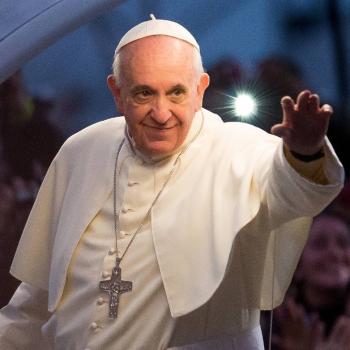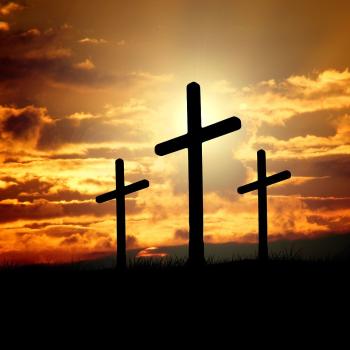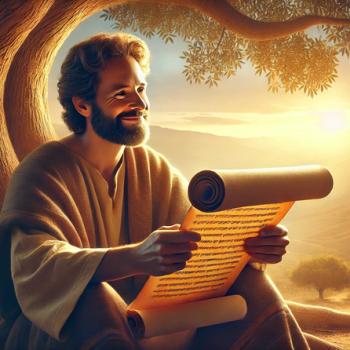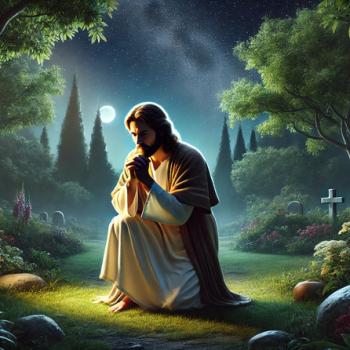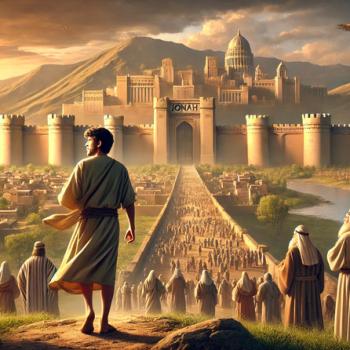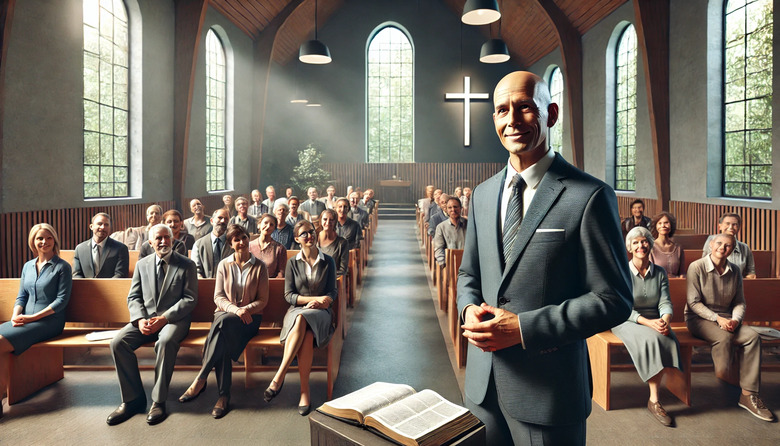
An Elder in a general Christian denomination is a leadership role within the church. This role has its roots in biblical scripture and historical practice. For example, Acts 14:23 describes Elders being appointed in every church. Moreover, the term “Elder” (presbuteros in Greek) is used extensively in the New Testament to refer to church leaders. Additionally, the role of an elder in the church often works closely with Senior Pastors and Apostles to oversee church affairs.
Shepherds of God’s Flock
Elders play a crucial role in the church. They guide and support the congregation alongside pastors. Additionally, the distinction between elders and pastors is practical, not biblical. Elders often serve as lay leaders, managing church affairs and providing spiritual care. Furthermore, the New Testament uses terms like elder, overseer, and pastor interchangeably. This shows they share similar responsibilities. For example, Acts 20:17-28 and 1 Peter 5:1-2 emphasize this unity. Consequently, all elders are pastors because they shepherd God’s flock. Recognizing this helps us understand their vital role in the church.
The Role of Elders and Pastors
Both Elders and Pastors are spiritual leaders in the church. They guide the congregation through teaching and support. For instance, an Elder might lead a Bible study, as suggested in 1 Timothy 3:2. Additionally, both are responsible for shepherding the congregation, reflecting 1 Peter 5:2. Furthermore, they both provide spiritual counseling and perform sacraments.
Elders Called Pastors
The New Testament shows that multiple elders or pastors lead churches, not just one leader. Additionally, passages like 1 Timothy 3:1-7 and Titus 1:6-9 list qualifications for elders and pastors. The New Testament also uses three terms for the same role: “elder,” “overseer,” and “pastor” or “shepherd.” Furthermore, elders and pastors have the same duties, including shepherding and overseeing the church. They also teach and preach. They protect the church from false teachings while leading and managing church affairs. Finally, they care for the spiritual needs of church members.
Example of Elders as Pastors
In Acts 20:17-28, Paul speaks to the elders and tells them to shepherd the church, showing their pastoral role. 1 Peter 5:1-2 also urges elders to shepherd God’s flock willingly. These scriptures highlight that elders and pastors share the same responsibilities. Therefore, the term “elder” can also mean “pastor” in the church context.
Specific Role of Pastors in Eldership
In some denominations, “Pastor” refers to a specific role within the eldership. This often means the primary teaching elder. For example, Ephesians 4:11 mentions the role of pastors in church leadership. In contrast, “Elder” is sometimes used as a broader term encompassing various leadership roles. Moreover, Elders might include those who handle administrative tasks or lead small groups.
Elders Sometimes Called Pastors
The New Testament uses the terms “elder” (presbuteros), “overseer” (episkopos), and “pastor” (poimen) interchangeably. Therefore, these terms refer to the same office. For instance, Acts 20:17-28 shows Paul addressing the Elders of Ephesus as overseers. This interchangeability is evident in passages like 1 Peter 5:1-2. Additionally, 1 Peter 5:1-2 speaks to Elders shepherding the flock, showing their pastoral role.
Roles of an Elder Similar to a Pastor
Elders shepherd the congregation by providing guidance and support. For example, they might visit members’ homes to offer prayers, as in James 5:14. They teach and preach to the congregation, reflecting 1 Timothy 5:17. For instance, an Elder might deliver a sermon or lead a Bible study. They pray for the sick, offering spiritual comfort, as James 5:14 encourages. They settle disputes in the church, shown in Acts 15:1-2. They oversee the spiritual life of the church, ensuring faithfulness, as Hebrews 13:17 highlights.
The Term “Elder” in the Bible
The term “Elder” is used in the Old Testament to refer to leaders in Israel. For example, Exodus 24:1 mentions Elders accompanying Moses. Similarly, Numbers 11:16 speaks of Elders helping Moses lead the people. In the New Testament, Elders frequently appear, especially in Acts and the Epistles. For instance, Acts 14:23 describes Paul and Barnabas appointing Elders in every church. Additionally, the Epistles often address Elders, showing their continued importance.
Evolution of the Elder Role
In biblical times, Elders were part of a plurality of leaders in local churches. They shared responsibilities for teaching, shepherding, and decision-making. For example, multiple Elders might discuss church issues together, as in Acts 15:6. Over time, the early church maintained the practice of plural eldership. However, some traditions developed a more hierarchical structure. For instance, some denominations introduced bishops to oversee Elders, reflecting Titus 1:5-7.
Modern Times
In modern times, many Protestant denominations have returned to a model of plural eldership. For example, a church might have several Elders, each with different roles, as suggested in 1 Timothy 5:17. Some churches distinguish between “teaching elders” (pastors) and “ruling elders.” Additionally, in some traditions, Elders are lay leaders who support the work of ordained clergy. For instance, they might handle church finances or organize community events, as in Acts 6:1-3.
The Role of an Elder in the Church
In modern church culture, the role of Elders can vary significantly between denominations. Some churches maintain a strong emphasis on plural eldership, reflecting Acts 14:23. For example, a church might have a council of Elders making decisions together. Conversely, others focus more on a single pastor model with Elders in supporting roles. However, the core responsibilities of teaching, shepherding, and overseeing the spiritual health of the congregation remain consistent with the biblical pattern. For instance, an Elder might still lead a prayer group or offer spiritual counseling, as shown in James 5:14. The role of an elder is important for the church leadership.






